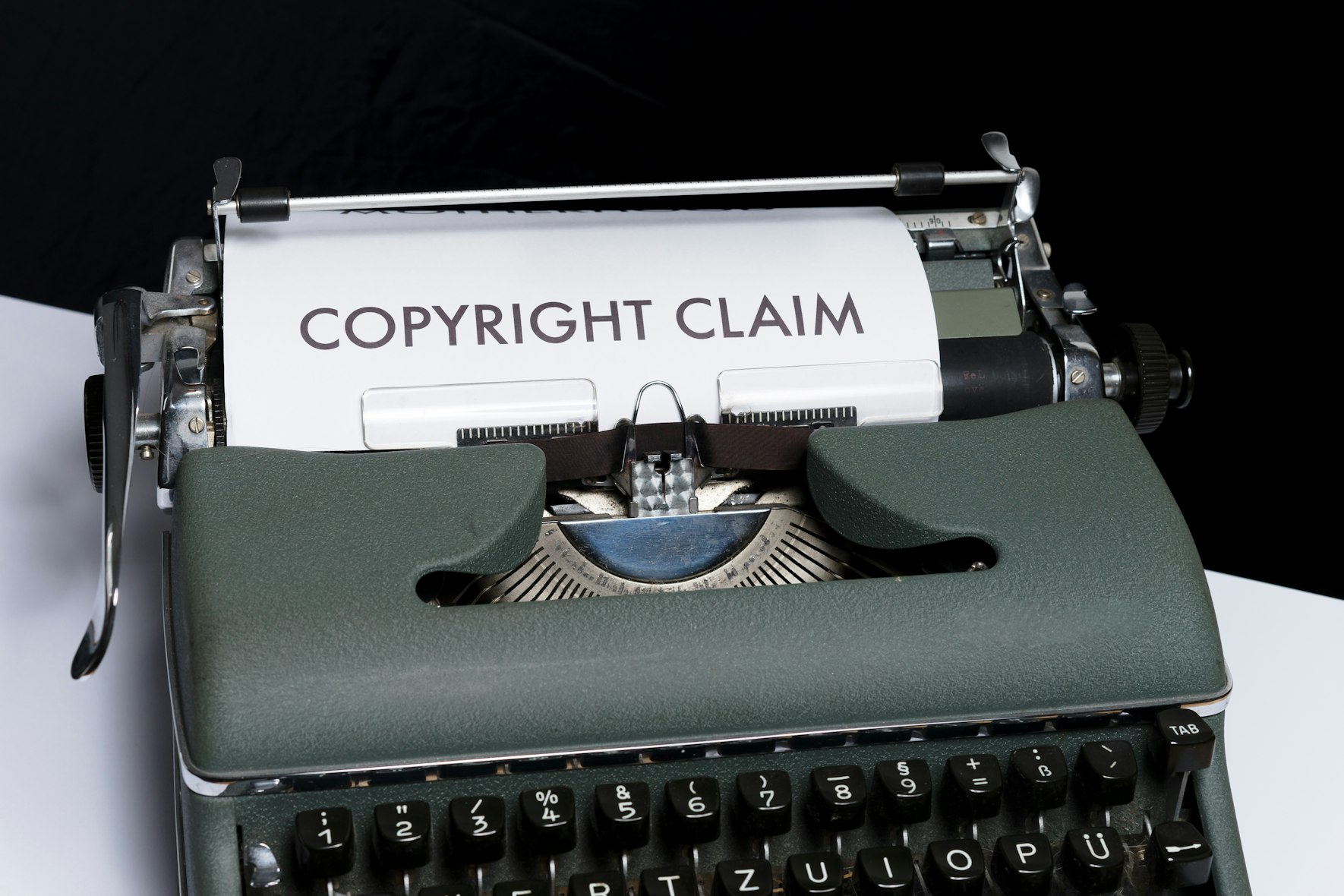Glossary of Legal Terms Please select from the menu above A defence which can be used in a case of defamation if the statement from which the defamation arose was: • made in Parliament; • in fair and accurate news reporting of court proceedings; or • made during court proceedings. Using a legal right or process in a way that is unfair to others. For example, one party to a lawsuit can abuse a court procedure by causing delay on purpose, to get some advantage over the other party. A person who aids or contributes in the commission of a crime. One who knowingly, voluntarily, and intentionally unites with the principal offender in the commission of a crime. A partner in a crime. Admitting that someone has a claim or admitting that a debt exists. The court’s decision that a person is innocent of the crime they were charged with. Postponement of a court hearing. (1) Someone who takes legal responsibility for the possessions of a person who has died without making a will or who is still alive but cannot manage their own possessions. For example, an administrator may be appointed to manage the money, house or other possessions of a person who has a severe mental disability. (2) A manager appointed by the directors of a company that is in financial difficulty. This may give creditors a better chance of getting their money back because the company can keep trading under supervised management instead of being wound up. “A proceeding to have a case examined by a higher court to see if a lower court’s decision was made correctly according to law.” “Settling a dispute by using a referee”; The referral of a dispute to an impartial third person chosen by the parties to the dispute who agree in advance to abide by the arbitrator’s award issued after a hearing at which both parties have an opportunity to be heard. The act of witnessing an instrument in writing at the request of the party making the instrument and signing it as a witness. Money or other security (such as a bail bond) provided to the court to temporarily allow a person’s release from jail and assure his or her appearance in court. Bail and Bond are often used interchangeably. It is a procedure that allows a person who has been charged with an offence to be released from police control or prison from the time of the charge until the hearing of the case. Courts can add conditions to bail. For example, they can require that people released on bail promise to come to the court on a set date. Courts can also require them to put up an amount of money that they cannot get back if they do not appear in court as they promised. “A form signed by a person released on bail to secure his or her presence at the trial. This obligation means that the accused may lose money by not properly appearing for the trial. Often referred to simply as bond. “Transferring possession of goods from the owner to someone else” In bailment the ownership of the goods is not transferred. A practical example of bailment is that someone who hires a television has possession of it, but the rental company still owns the television. It is an arrangement in which a person has to look after another person’s goods. The person looking after the goods must return them at the time the parties agreed, or when some task has been completed. For example, when you give your watch to a jeweller for repairs, the jeweller must look after it until you pay for the repairs. You can then get the watch back. Bailment has nothing to do with bail in criminal cases. The degree of certainty required for a juror to legally find a criminal defendant guilty. An accused person is entitled to acquittal if, in the minds of the jury, his or her guilt has not been proved beyond a “reasonable doubt”; that state of mind of jurors in which they cannot say they feel an abiding conviction as to the truth of the charge. A document recording the goods a ship carries and the terms the goods are carried under. The obligation of a party to establish by evidence a requisite degree of belief concerning a fact in the mind of the trier of fact or the court. A claim and/orthe grounds on which a legal action may be brought (e.g. property damage, personal injury, goods sold and delivered, work labor and services). An order made by a higher court that cancels the legal effect of a decision that was incorrectly made by a lower court, public official or authority, or one they had no power to make. (1) A statement giving the details of a crime an accused person is claimed to have committed. (2) A debt that is attached to money or anything else of value, similar to a mortgage on a house and land. When someone gives a guarantee that they will pay back a debt, they can agree to have a charge placed over their assets. This stops them selling or giving away the assets until the debt is paid off A collection, compendium, or revision of laws, rules, and regulations enacted by legislative authority. Voluntary statement made by one who is a defendant in a criminal trial, which, if true, discloses his or her guilt. “Presuming something is known” – The law sometimes presumes that a person knows something even though they do not. A legally enforceable agreement between two or more persons or parties (oral or written). If a company is insolvent (cannot pay its debts when they are due for payment) the members can pass a special resolution to have the company wound up (liquidated). This is called a creditors’ voluntary winding up. Questioning by a party or his attorney of an adverse party or a witness called by an adverse party; opposite of direct examination. A court ordering someone to stay at a named place at stated times of the day. Monetary compensation for wrong or injury caused by the violation of a legal right. (a) Compensatory damages-Reimbursement for actual loss or injury. (b) Exemplary damagesMonetary award by way of punishment for injury caused by aggravated circumstances or malice, in addition to compensation for the injury. (c) Punitive damages-Monetary compensation awarded in excess of ordinary damages, as punishment for a gross wrong. A decision or order of the court – a final decree is one which fully and finally disposes of the litigation; an interlocutory decree is a provisional or preliminary decree which is not final. Making a statement, either orally or in writing, which damages someone’s reputation. (1) A defendant’s response to the legal claims made against them in court by a prosecutor or plaintiff. (2) A lawful excuse for conduct: for example, killing someone in self-defence. (3) A term referring to the defendant and their legal team. Release from: • a commitment such as a debt; • a contract because it has finished or the parties agree to end it; or • a punishment for a crime. To give up a claim or a right or refuse to take over an onerous (having more obligations than advantages) contract. A disclaimer can also be a notice to limit responsibility. Termination of a proceeding for a procedure defect or failure to prove a claim. Right held by one person to use the land of another for a specified purpose, such as a right of way. (1) Fairness and justice. (2) A right to property that the court will recognise even though it does not amount to full legal ownership. (3) A set of legal rules that aims to reduce any harshness that would result from strict application of the law. A rule of law that a person cannot deny something they previously said, if someone else acted on what was said and their position was changed, possibly for the worse, as a result. “Questioning own witness in court” The person named in a will as the one who must ensure that the deceased person’s intentions, as stated in the will, are carried out. A preliminary examination where testimony is given and evidence presented for the purpose of determining an issue of fact and reaching a decision on the basis of that evidence. Statements about something that has not been seen or heard by the witness, but has been told to them by another person. Hearsay evidence is usually not allowed in court. To guarantee against any loss which another might suffer. A court order that directs a person to do, or not to do, a specific act. For example, a court can order a developer not to demolish a historic building. A proceeding which usually is a limited non-jury trial for the purpose of fixing the amount of damages where the plaintiff or defendant alone introduces testimony. A kind of legal system where judges can ask witnesses questions and make their own investigations about the facts in a case. See also adversarial system. A temporary court order that stays in place only until a court can make a decision on the issue at a full hearing. Provisional; not final. An interlocutory order or an interlocutory appeal concerns only a part of the issues raised in a lawsuit. Action by which one having possession of an article or fund claimed by two parties may compel them to litigate the title between themselves, instead of with him/her. Written questions asked by one party in a lawsuit for which the opposing party must provide written answers. A legal inquiry to discover and collect facts concerning a certain matter. The disputed point in a disagreement between parties in a lawsuit. Two or more people responsible for repaying a debt. They are each responsible individually to repay all the debt as well as being responsible as a group. The final decision of the court resolving the dispute; an opinion; an award. It is a determination of the rights of the parties in an action or special proceeding. It shall refer to and state the result of a verdict or decision, may or may not recite the circumstances on which it is based. The authority of a court to review the official actions of other branches of government. Also, the authority to declare unconstitutional the actions of other branches. 1) The legal authority of a court to hear and decide a case. 2) The geographic area over which the court has authority to decide cases. A contract between the owner of a property and a tenant, giving the tenant sole use of the property for an agreed time. A letter, usually written by a lawyer for their client, telling the person who receives it that unless they do what the letter says they will be sued. For example, a letter of demand can ask a debtor to repay a loan to avoid being sued. A document that gives a person authority to manage the property of a person who has died without making a valid will. Published words or pictures that falsely and maliciously harm the reputation of a person. The right to keep possession of something owned by someone who owes a debt, until the debt has been settled. A writ issued by a court ordering a public official to perform an act. A form of alternative dispute resolution in which the parties bring their dispute to a neutral third party, who helps them agree on a settlement. “Using property as security for a debt”; “A debt on real estate or goods as security for the repayment of money borrowed” – It is also the name for the contract which is signed by the borrower and lender when money is lent using property as security for a loan. “The lender of the money which is secured by a mortgage” The person who borrows the money to buy a property. The lending is secured with a mortgage of the property. Formal notification to the party that has been sued in a civil case of the fact that the lawsuit has been filed. Also, any form of notification of a legal proceeding. “Gaining title through possession” – If you have possession of something for a long time you may gain title to it even though you do not have documents to prove that it is yours. A document which gives power to the person appointed by it to act for the person who signed the document. The right to buy property before others are given the chance to buy. A hallowed principle of criminal law that a person is innocent of a crime until proven guilty. The government has the burden of proving every element of a crime beyond a reasonable doubt, and the defendant has no burden to prove his innocence. Confidential communications to certain persons that are protected by law against any disclosure, including forced disclosure in legal proceedings. Communications between lawyer and client, physician and patient, psychotherapist and patient, priest, minister, or rabbi and penitent are typically privileged. Acceptance by a court that a deceased person’s will is valid and was the last will they made before they died. It also means the process by which assets are gathered; applied to pay debts, taxes, and expenses of administration; and distributed to those designated as beneficiaries in the will. An order made by the Supreme Court or the High Court prohibiting a body from acting outside its authority. A trial lawyer representing the government in a criminal case and the interests of the state in civil matters. In criminal cases, the prosecutor has the responsibility of deciding who and when to prosecute. Paying off all the money borrowed under an agreement. An interest which starts when a previous interest finishes. When more than one person has been left an interest in land the first person to possess an interest will have to die before the next person can possess an interest in the land, and so on. To send a case back from an appellate court to the lower court from which it came, for further proceedings. “Something of value pledged to a bank by a borrower” – If the borrower fails to repay the debt, the bank can sell the security and repay the debt out of the proceeds of the sale. False and defamatory spoken words tending to harm another’s reputation, community standing, office, trade, business, or means of livelihood. A person who promises a court that an accused person released on bail will attend court on a hearing date. If the accused person does not attend court, the surety must pay the court the amount of money stated in the bail documents. A civil injury or wrong committed on the person or property of another. A tort is an infringement on the rights of an individual but not founded on a contract. The most common tort action is a suit for damages sustained in an automobile accident A judicial examination and determination of issues between parties before a court that has jurisdiction. • A body set up to act like a court, but outside the normal court system; • A forum to hear disputes and with the authority to settle them; • A body given power by statute to discipline members of a profession who do not keep to the high standards of behaviour demanded of members of the profession; or • A body set up by the members of an association to police the members’ actions. A type of property ownership where one person, the trustee, holds property for the benefit of someone else, the beneficiary. For example, a trustee may hold a child’s inheritance for them until they turn 18. “The opinion of a jury or a judge on the factual issues of a case”; “the judge’s decision at the end of a case.” • A certificate which gives the person holding it the right to buy shares at a given price; • A magistrate’s written instruction to arrest someone; or • A magistrate’s written instruction to search a property. A legal declaration that disposes of a person’s property when that person dies. “A document in a civil proceeding that a plaintiff has issued to commence a court action.” “An order issued by a court telling someone to do something or not to do something.”
© 2022-2023 Bangladesh Law Digest (BDLD) ISSN 2708-6313










